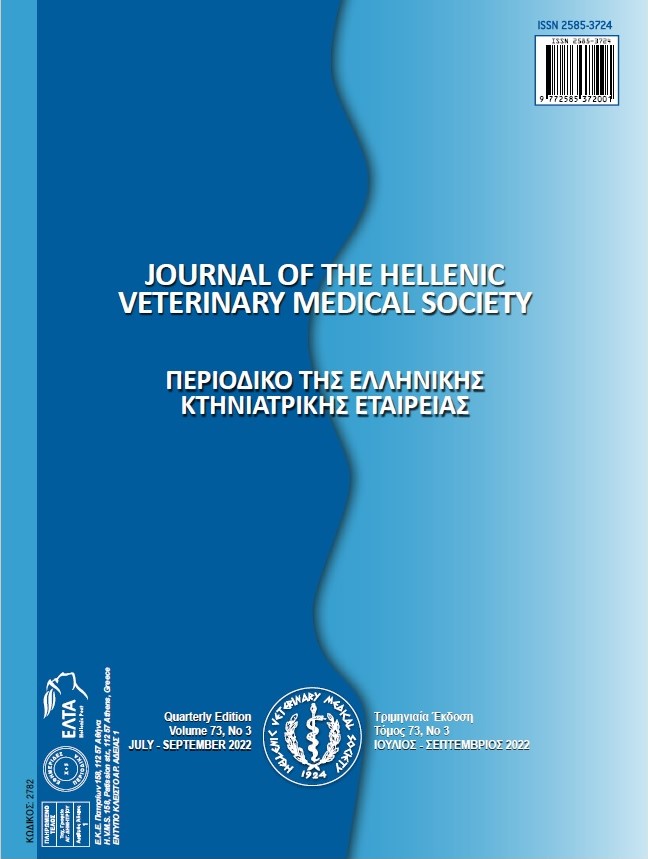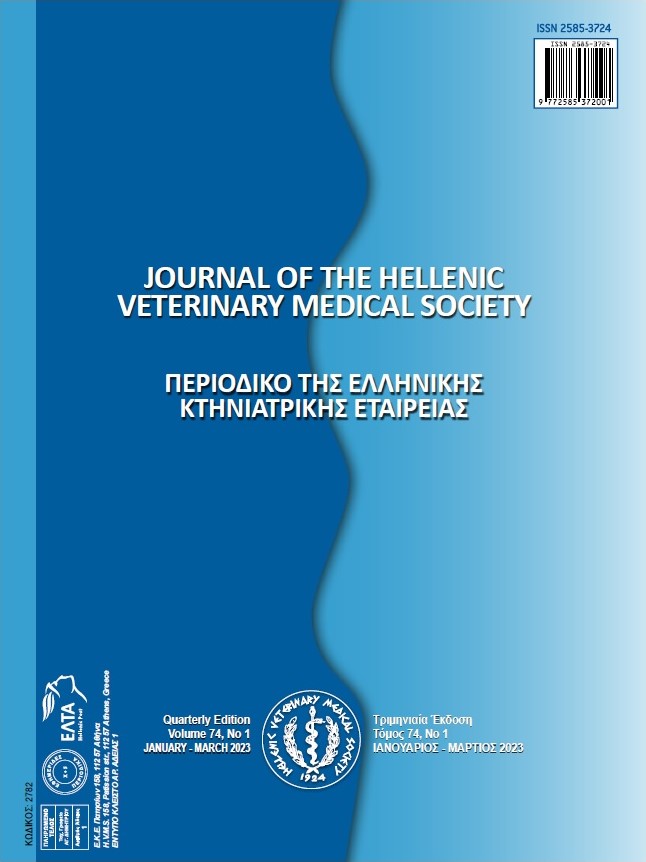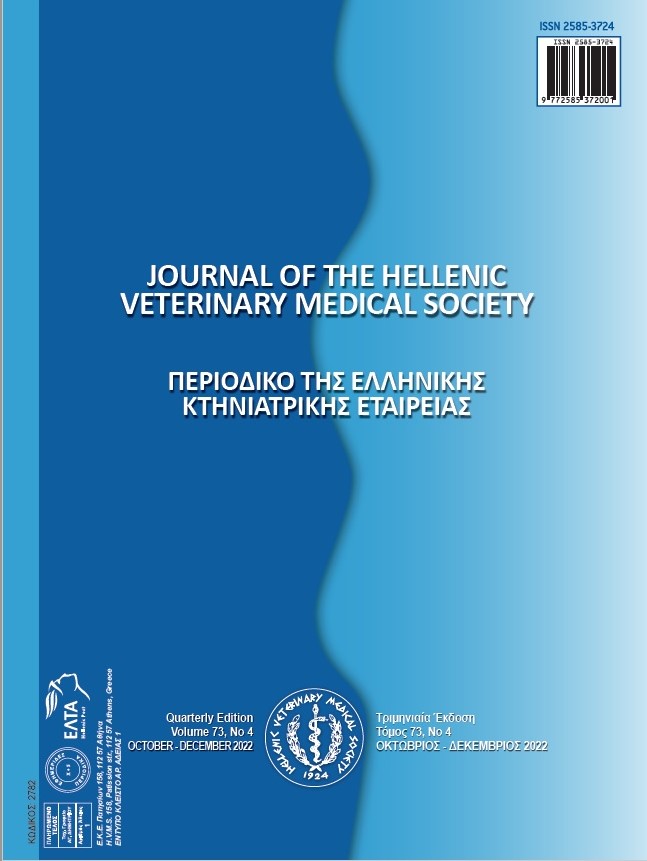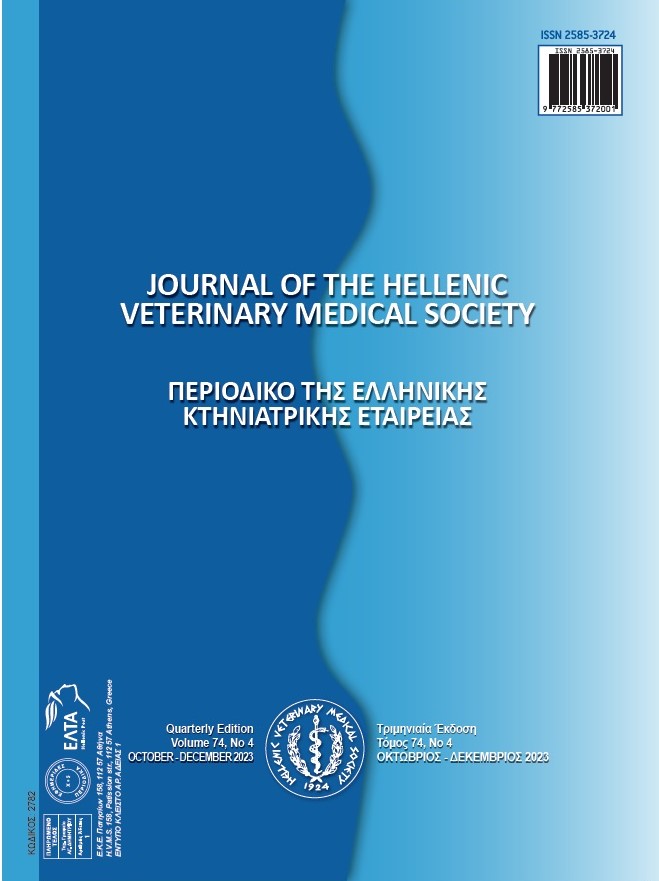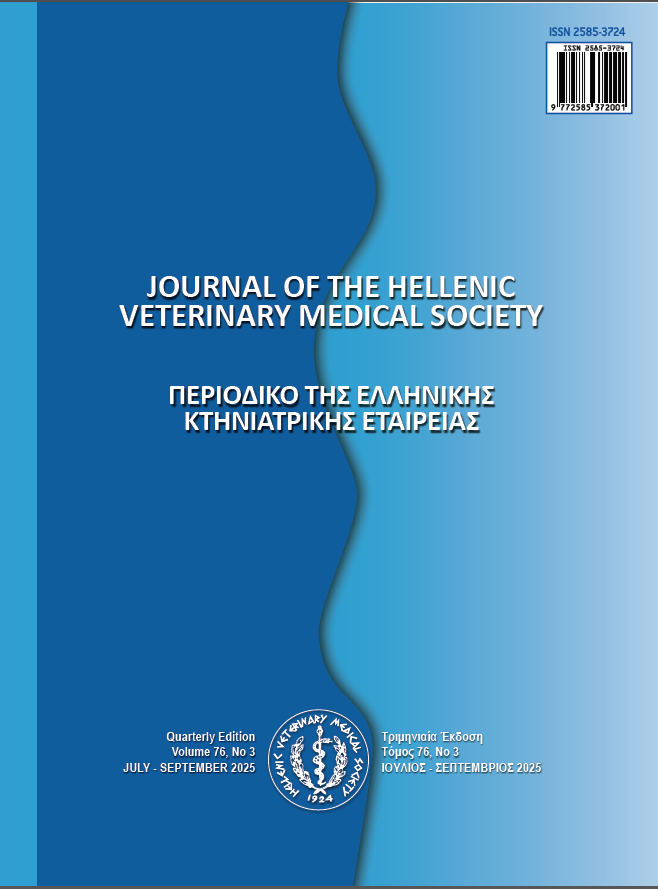A meta-analysis on the relationship between IGF-1 gene polymorphism and milk production traits in cattle
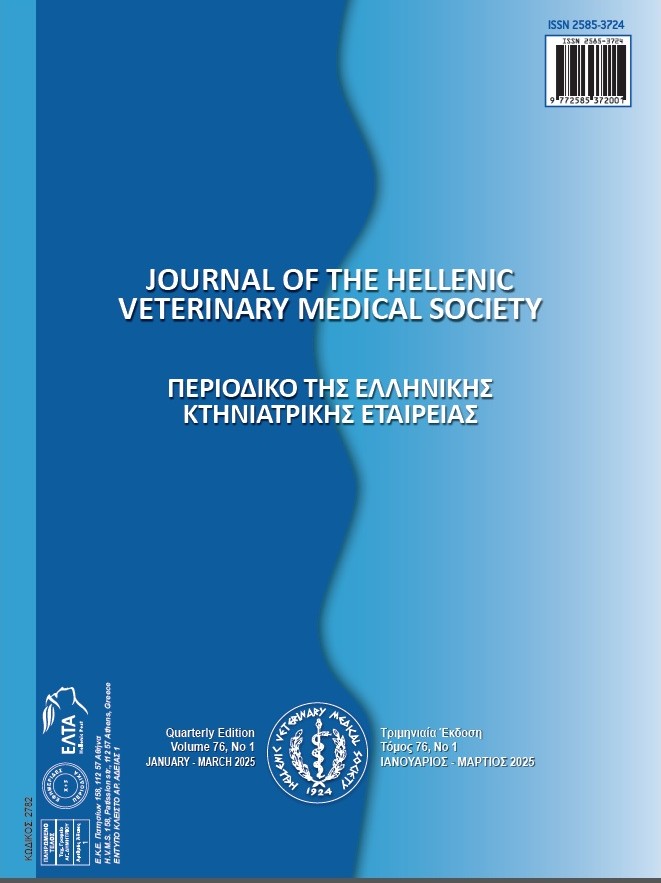
Abstract
This study aims to investigate whether a more reliable and common result can be obtained by using the meta-analysis method to analyze the yield results obtained from large ruminant animals, based on previous research findings related to insulin-like growth factor-1 (IGF-1). The results of this analysis can provide important contributions to breeding programs and animal husbandry practices and maximize the genetic potential of cattle and increase efficiency in milk production. The study employed the meta-analysis method and examined four genetic models for each genotype region of the data set: dominant (TT + CT vs. CC), recessive (TT vs. CT + TT), over-dominant (TT + CC vs. CT), and co-dominant (TT vs. CT, TT vs. CC, and CT vs. CC). Standard mean differences (SMD), standard errors, and 95% confidence intervals were calculated to assess the strength of the relationship between the yield trait averages of the gene variants. The fixed model was applied when study results were homogeneous, and the random-effects model was applied when they were heterogeneous. The estimation of heterogeneity was calculated based on the I2 statistic. For SMD results, Hedges' method was used for the number of studies was low. All statistical analyses were performed using STATA version 11.2. A p-value less than 0.05 was considered statistically significant. According to the results of the test applied in the published studies examining the relationship between IGF-1 polymorphism and milk yield traits, it is seen that there is no publication bias. The results of the evaluation according to genetic models indicate that the associations of the IGF-1 gene with other yield traits should generally be examined using a codominant genetic model. The IGF-1 gene polymorphism appears to have limited effects on lactation milk yield, fat yield, fat content, protein yield, and protein content in cattle. While there was generally no significant overall effect of the IGF-1 gene polymorphism on milk yield, significant differences were observed between TT-CT genotypes for fat yield and fat content, and between TT-CC and TT-CT genotypes for protein yield and protein content. The impact of IGF-1 gene polymorphism on milk yield traits may vary according to genotype and specific breeding traits.
Article Details
- How to Cite
-
Ozdemir, M., & Karaca, S. (2025). A meta-analysis on the relationship between IGF-1 gene polymorphism and milk production traits in cattle. Journal of the Hellenic Veterinary Medical Society, 76(1), 8607–8626. https://doi.org/10.12681/jhvms.35938
- Issue
- Vol. 76 No. 1 (2025)
- Section
- Review Articles

This work is licensed under a Creative Commons Attribution-NonCommercial 4.0 International License.
Authors who publish with this journal agree to the following terms:
· Authors retain copyright and grant the journal right of first publication with the work simultaneously licensed under a Creative Commons Attribution Non-Commercial License that allows others to share the work with an acknowledgement of the work's authorship and initial publication in this journal.
· Authors are able to enter into separate, additional contractual arrangements for the non-exclusive distribution of the journal's published version of the work (e.g. post it to an institutional repository or publish it in a book), with an acknowledgement of its initial publication in this journal.
· Authors are permitted and encouraged to post their work online (preferably in institutional repositories or on their website) prior to and during the submission process, as it can lead to productive exchanges, as well as earlier and greater citation of published work.



